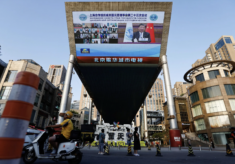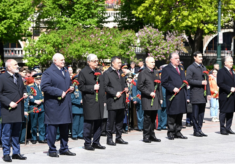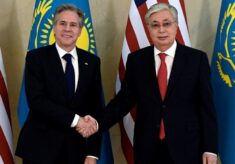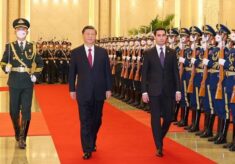
Looking at the US-Taliban deal under a Central Asian perspective
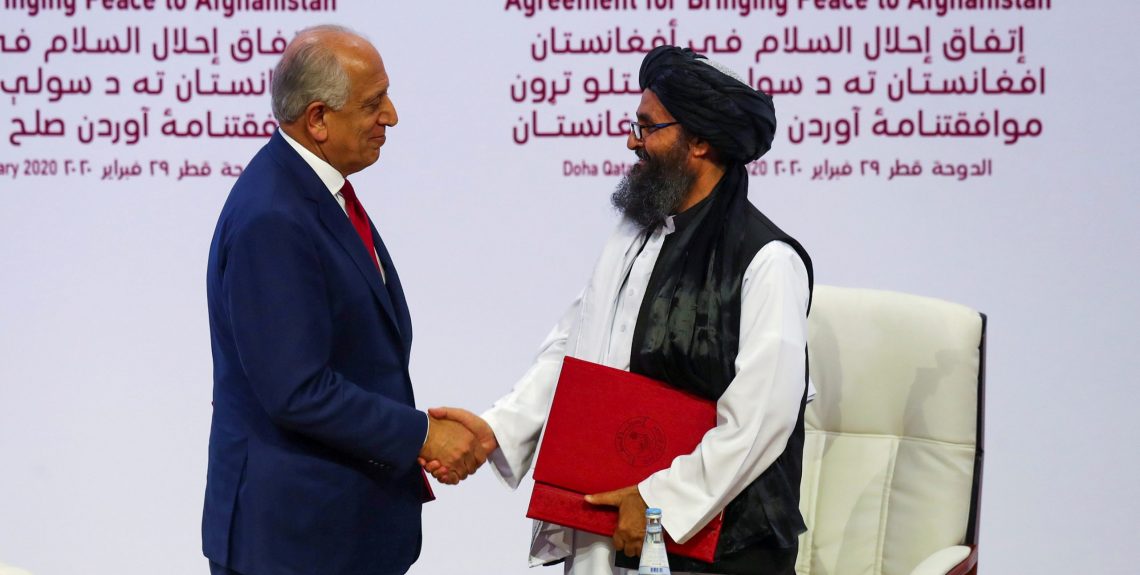
Share on

Fabio Indeo
PhD in Geopolitics. He is non-resident researcher at the Center for Energy Governance and Security (EGS South Korea) and analyst at the Observatory for Central Asia and Caspian. He is research fellow at the University of Siena.
Archive

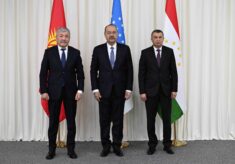

Kazakhstan and BRICS, one step back
15 January 2025
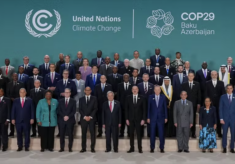
The Central Asian republics at Cop29
27 November 2024

Kazakhstan and nuclear energy option
18 November 2024

Turkmenistan and Afghanistan resumes talks on TAPI pipeline
15 October 2024
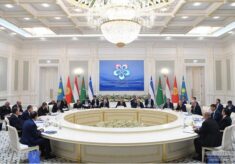
Central Asia’s endogenous collaboration
12 September 2024
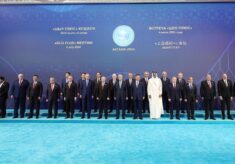
The SCO: towards a global dimension
27 August 2024

The CKU railway corridor: the time has come?
12 July 2024

ISKP and the Jihadist threat in Central Asia
20 June 2024
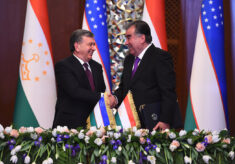


The Central Asia-Russia gas union in the making
8 March 2024


Central Asia and COP28: a complex green energy transition
15 December 2023
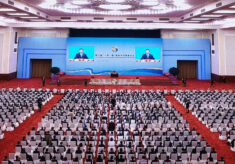
The BRI and the rising importance of the Middle Corridor
16 November 2023

Regional trade and connectivity boost Central Asian states
3 October 2023

